Hamsa Hamsa Hamsa | An Upbringing
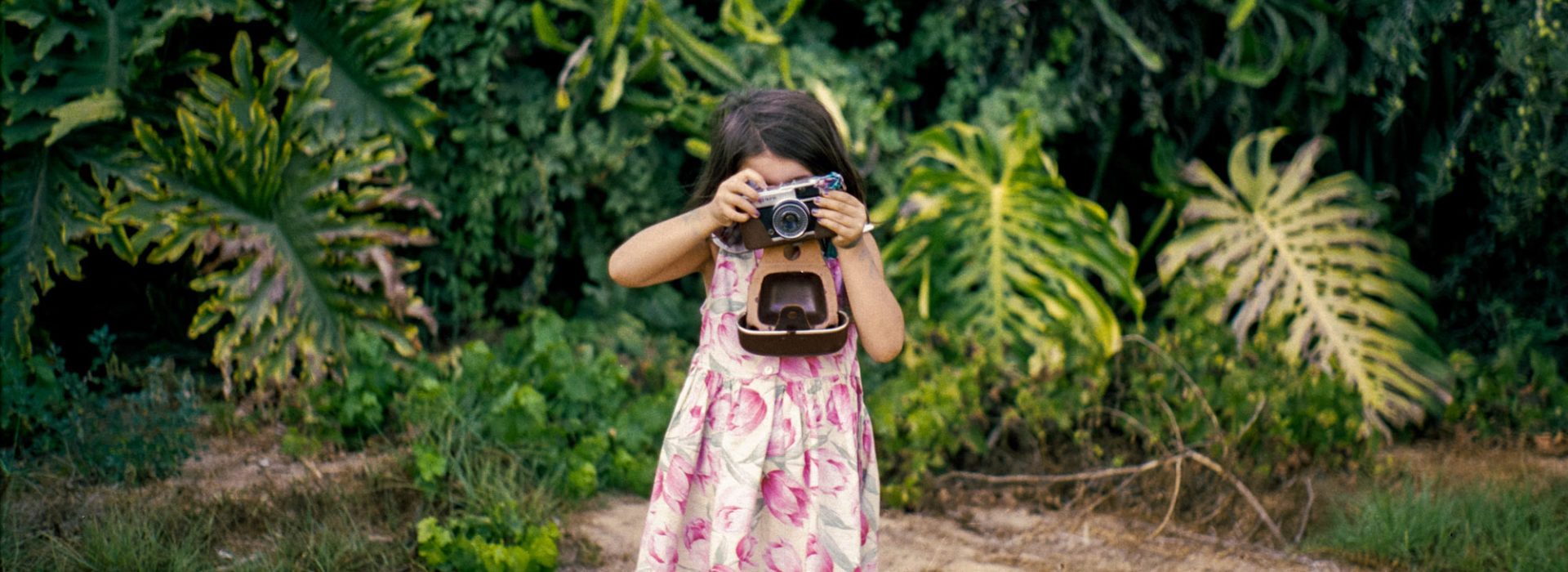
Project details
- Year
- 2021
- Programme
- photography
- Practices
- No practice
- Minor
- Honours / RASL
In her graduation project, Julia Gat dives into her archive from the past 15 years, documenting the daily life of five unschooling siblings. Through both photography and film, Julia researches how the personal act of having documented her own upbringing, family and home can help reimagining ways of learning and growing up with a sense of freedom.
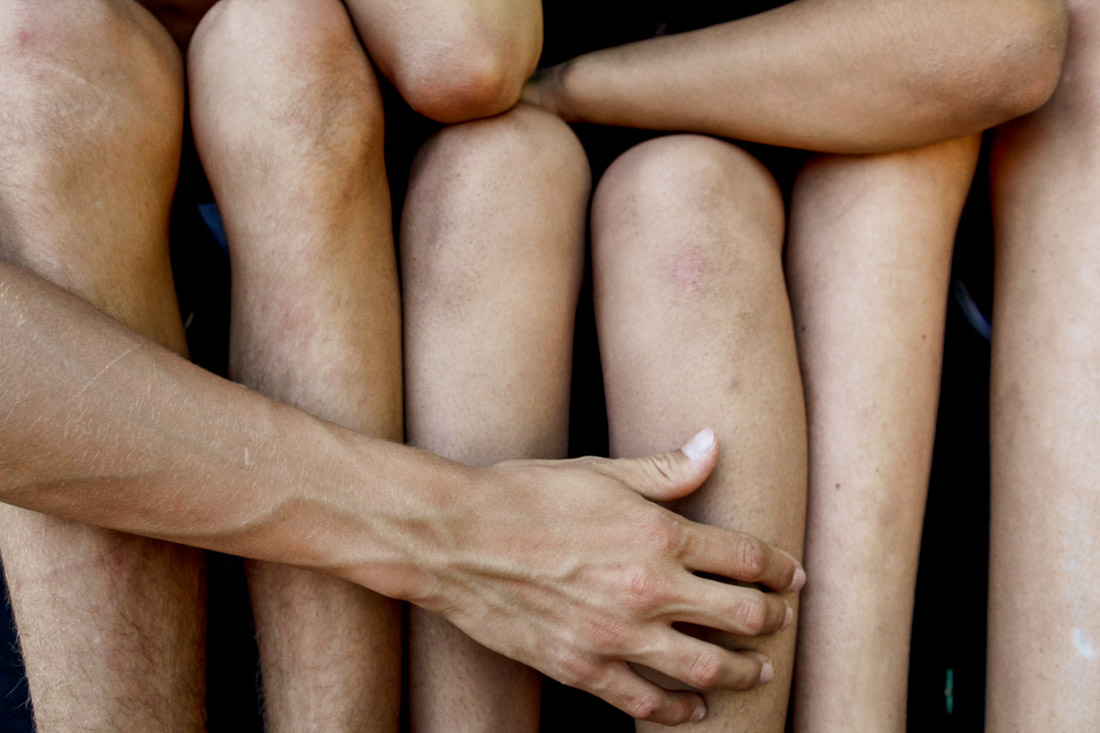
Over the years, I have noticed that the child who learns quickly is adventurous. She’s ready to run risks. She approaches life with arms outspread. She wants to take it all in. She still has the desire of the very young child to make sense out of things. She’s not concerned with concealing her ignorance or protecting herself. She’s ready to expose herself to disappointment and defeat. She has a certain confidence. She expects to make sense out of things sooner or later. She has a kind of trust.
John Holt
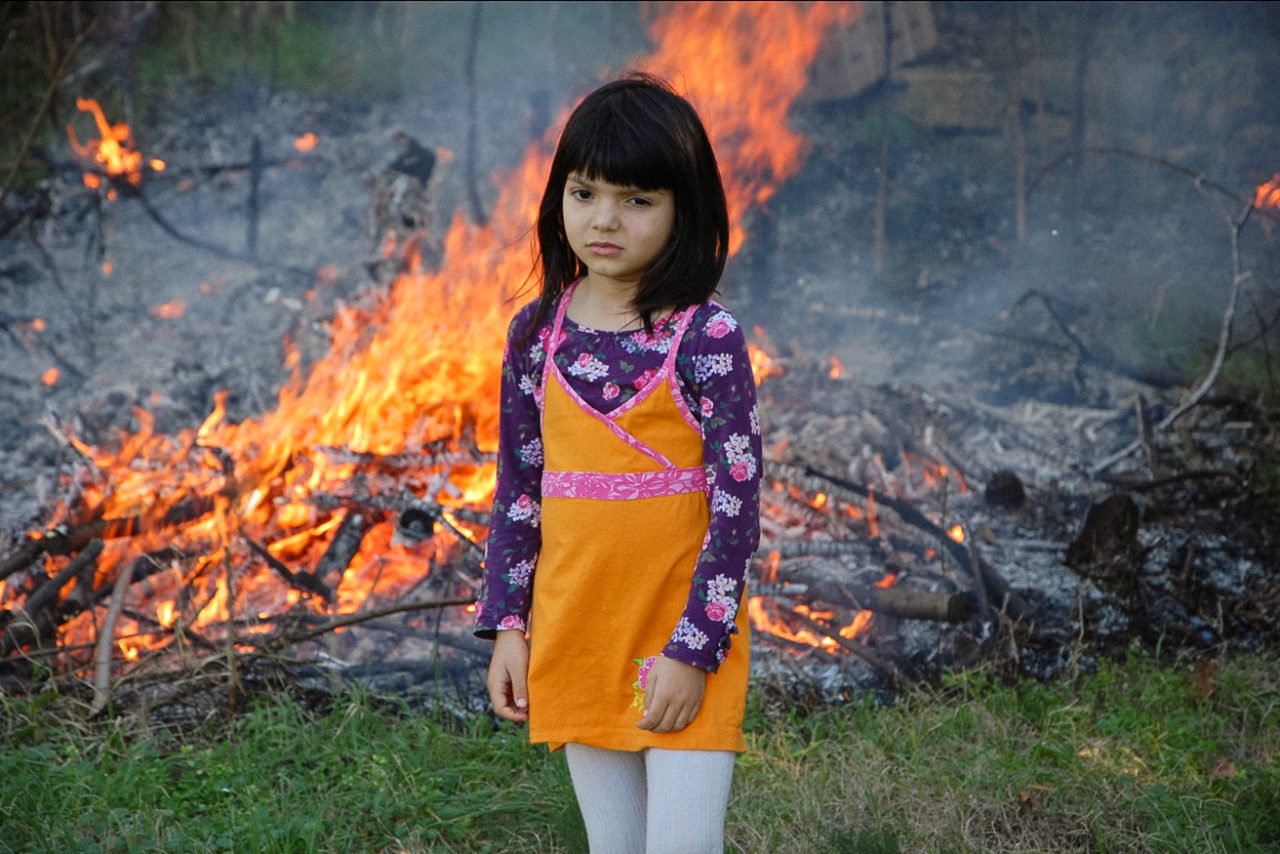
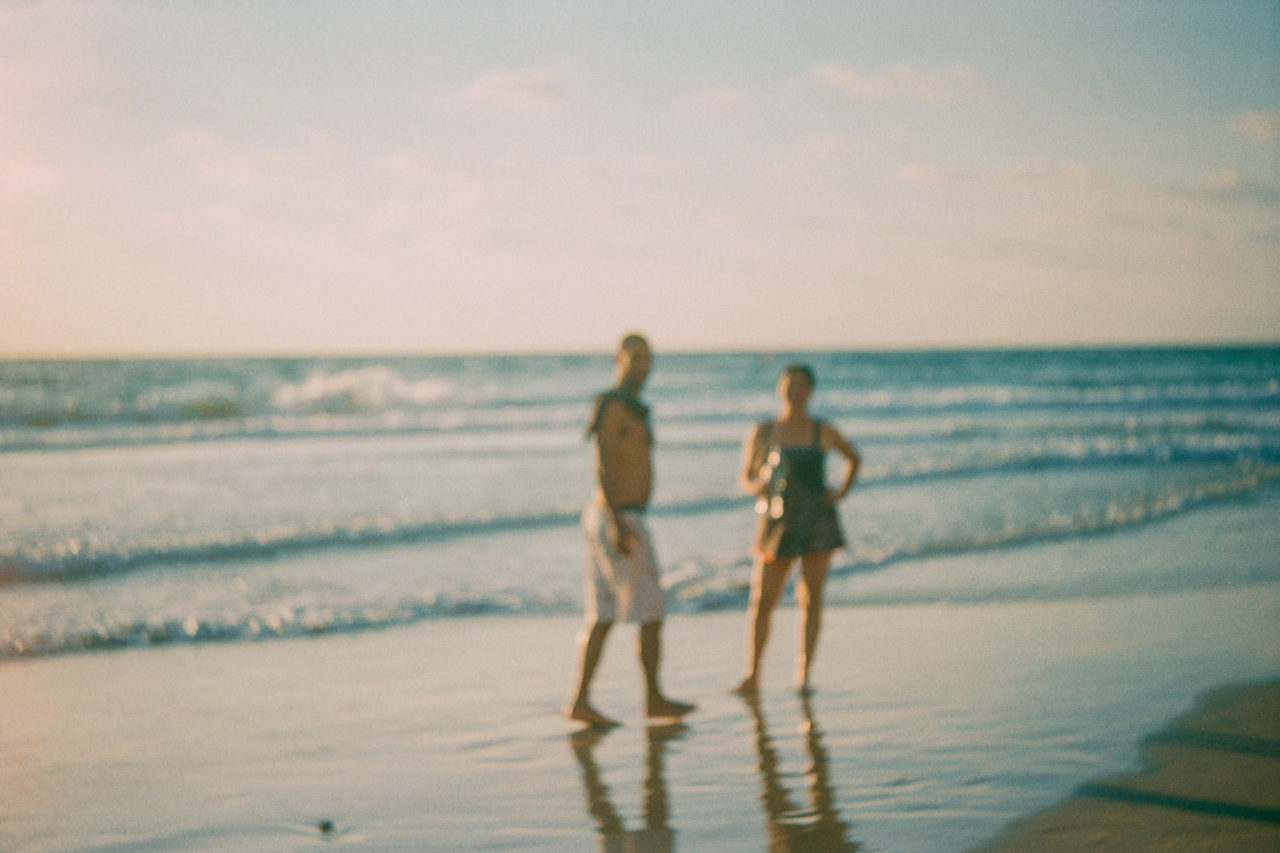
When I was 10 years old, I promised myself to never forget how it feels like to see the world as a child: everything is new, imagination blends with reality and the unknown is exciting. I could feel this outlook fading away while other, new standpoints with bigger responsibilities slowly came along. Since then, keeping this viewpoint alive in my work became a drive for documenting my surroundings. For as long as I can remember, the practice of image-making provided a direct link to that youthful outlook. It became a study of character, relation and group dynamics being formed throughout childhood, often focusing on my family’s daily banalities in the most intimate of contexts — home. Overtime, an archive of extensive density has been created, a collection of memories from childhood throughout adolescence and towards adulthood. Conventionally, these coming of age narratives are often recorded by a parent or a grown-up, but here it is I, the ‘grown-up’ who used to be that child, striving to celebrate those in-between moments and embrace the cornerstones of becoming who I am today.
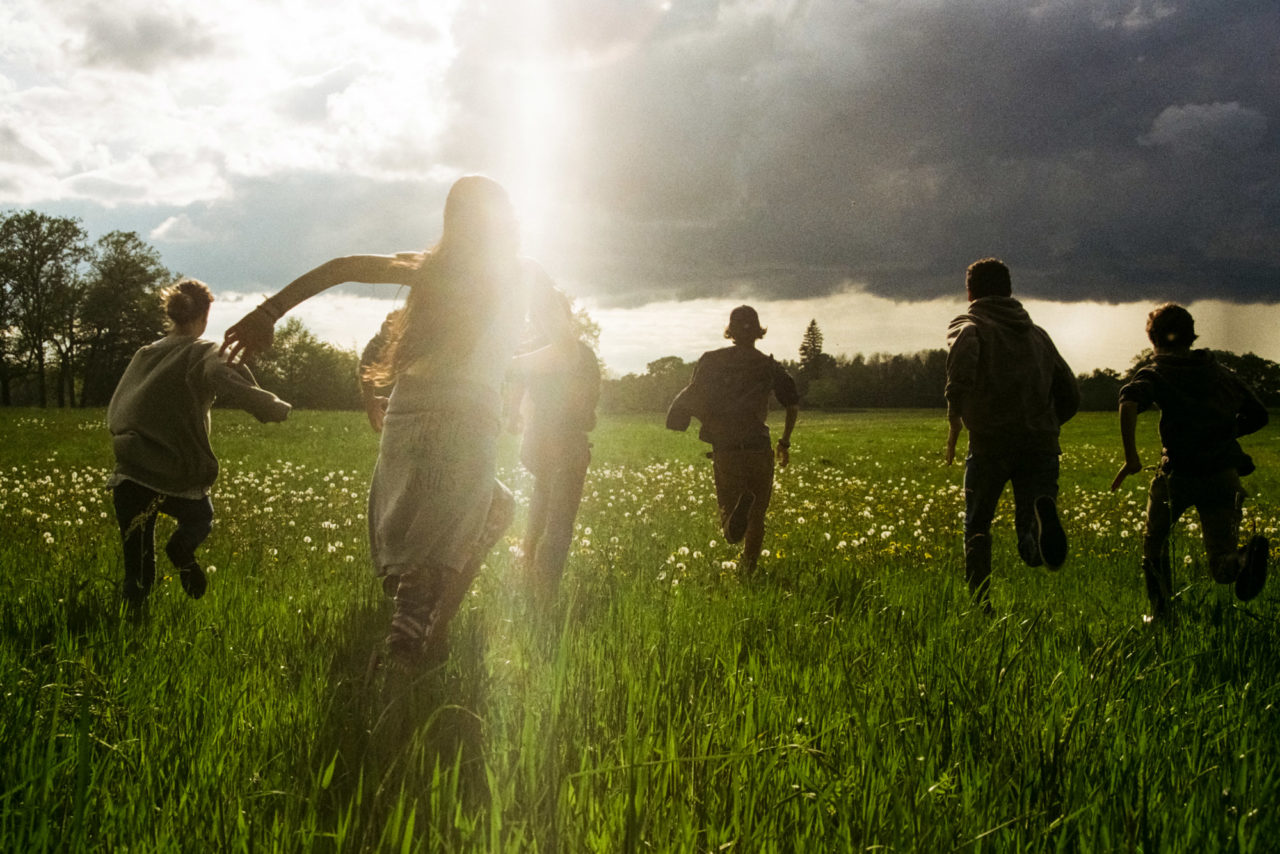
Growing up in the specifically open context of alternative education initiated a conscious desire to open up a dialogue about the complex, layered issue of tomorrow’s schooling and the ways we perceive learning as we move towards a rapidly changing future. Therefore, the project expanded as I began documenting not only my family and our home, but also the wider community of unschooling, homeschooling, Steiner and Montessori children in Israel, France, and the Netherlands. Exploring how notions of freedom and intimacy manifest within a family, a home or a community, the importance of such became apparent for the practice of reimagining education.
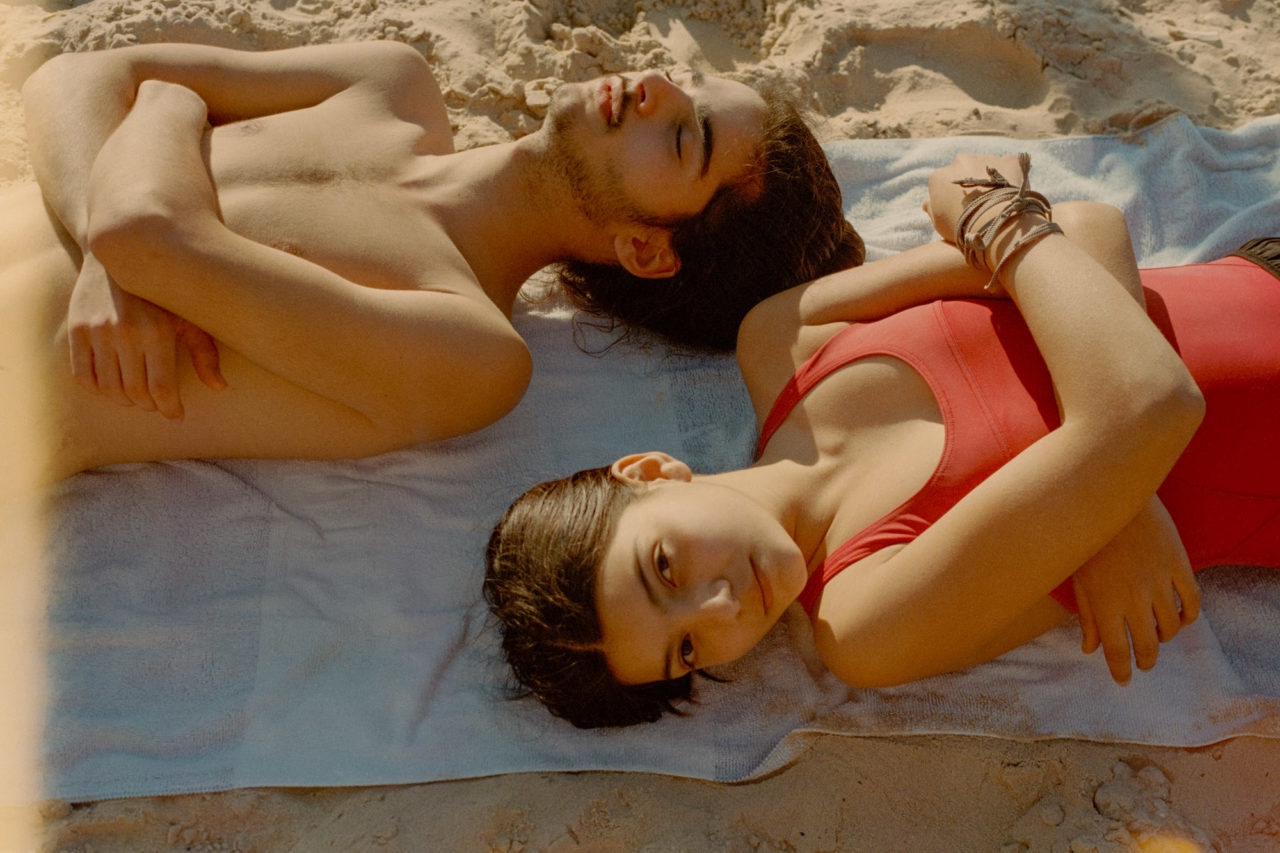
With this collection of personal narratives, I am archiving to reimagine. The past year’s concerns over the pandemic have driven an unprecedented number of parents to homeschool their children, a shift that could have lasting effects on both public schools and the homeschooling movement. In contrast, Emmanuel Macron announced last October the plan to strictly limit home education from next year, which has awakened a significant wave of opposition. Therefore, showcasing my own long-lived unschooling experience and studying the parallel between different schooling mindsets; open and closed systems, is given political depth when reflecting on the future of education.
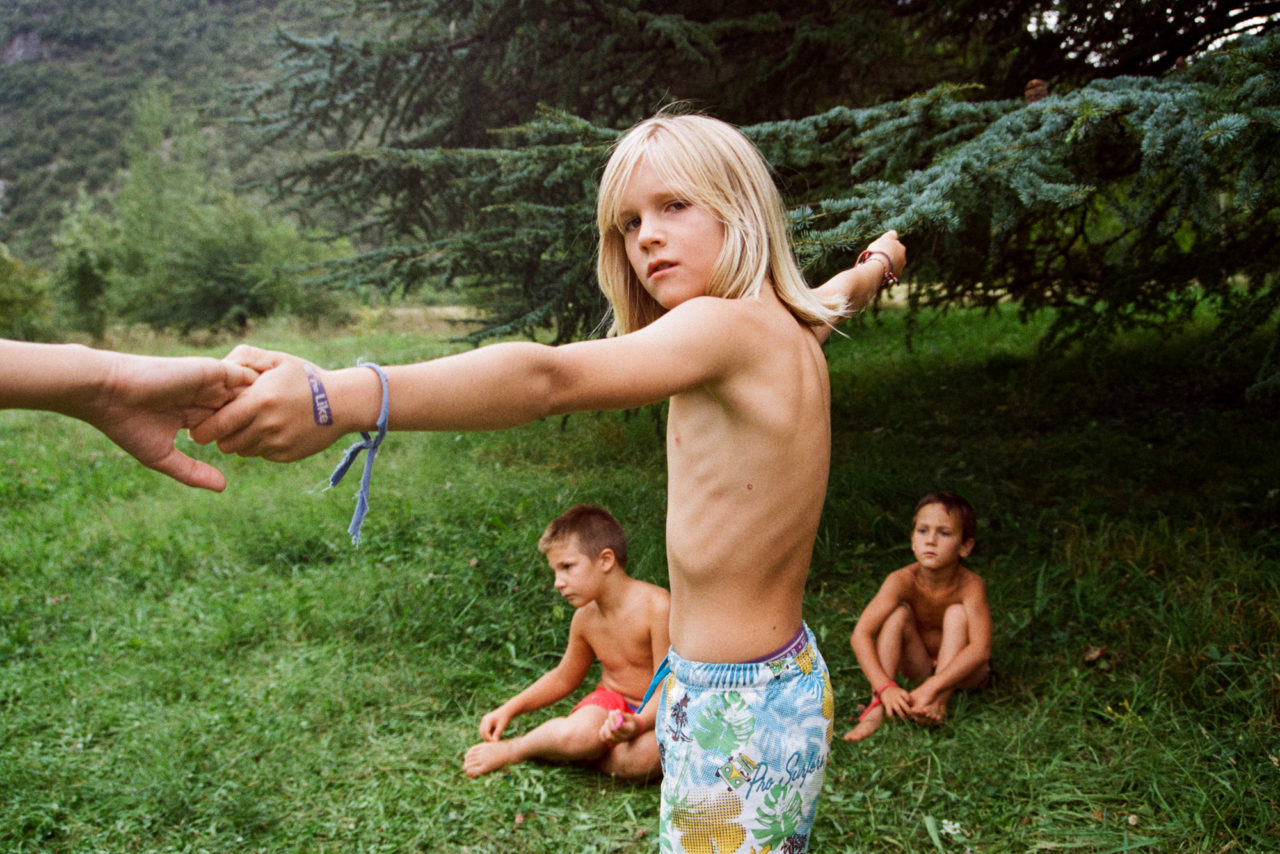
While it is not in my intention to put forward a certain ideology, I wish to share my own experienced emotion and process; to honor what I am grateful for in my context. Without attempting to explain how things should function, I strive for the breaking down of an infrastructure based on unquestioned norms; the underlying foundation of people’s understanding of the current educational system and learning processes. Hamsa Hamsa Hamsa is an invitation to reimagine the practice of learning with a sense of freedom.
Hereby what I am grateful for.
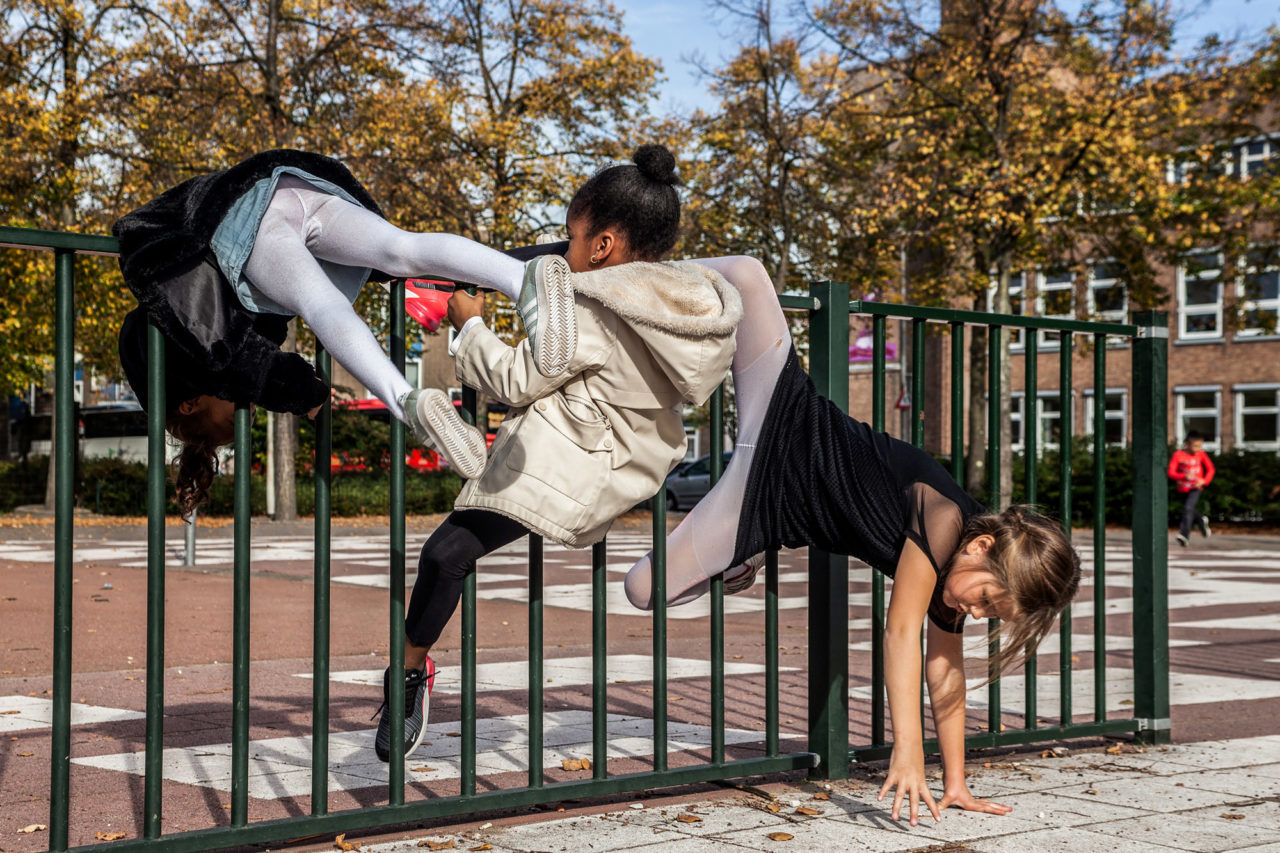
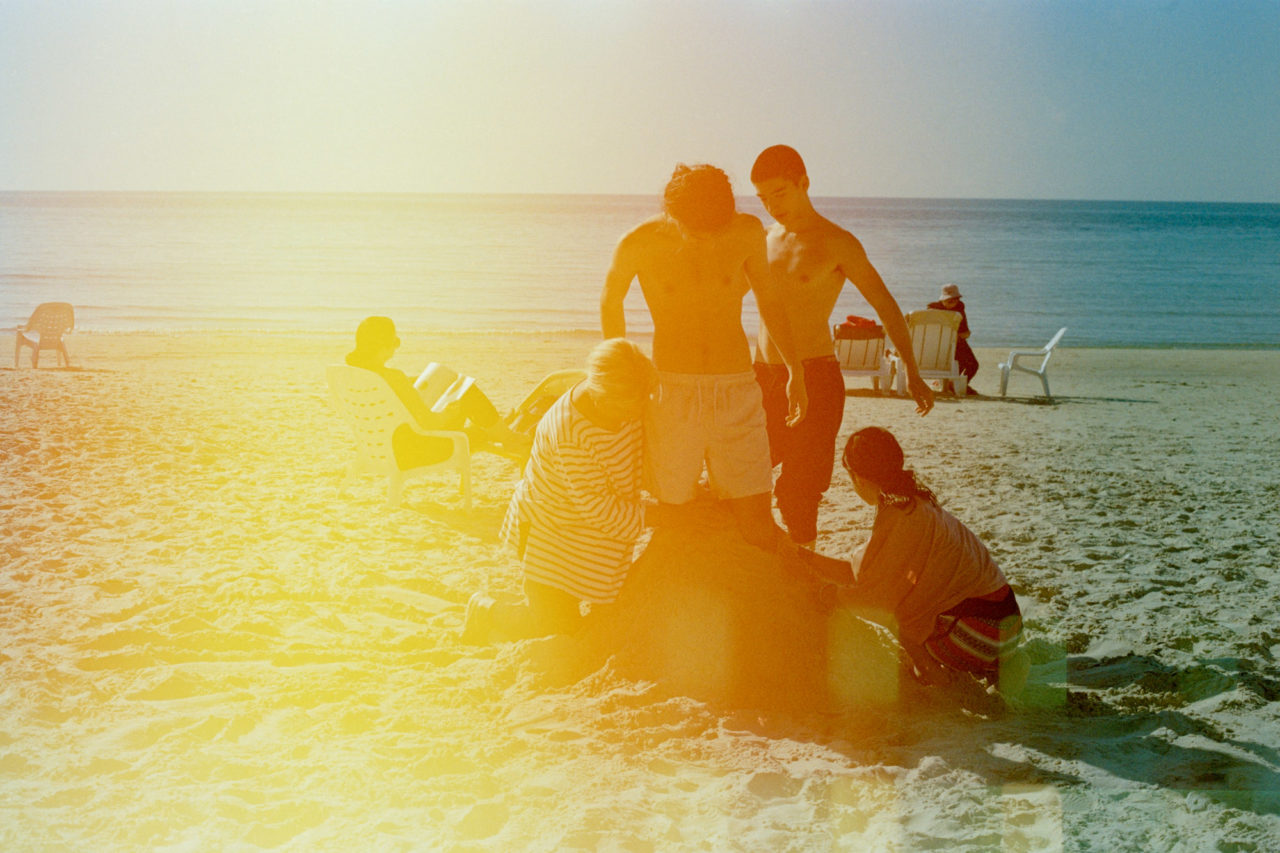
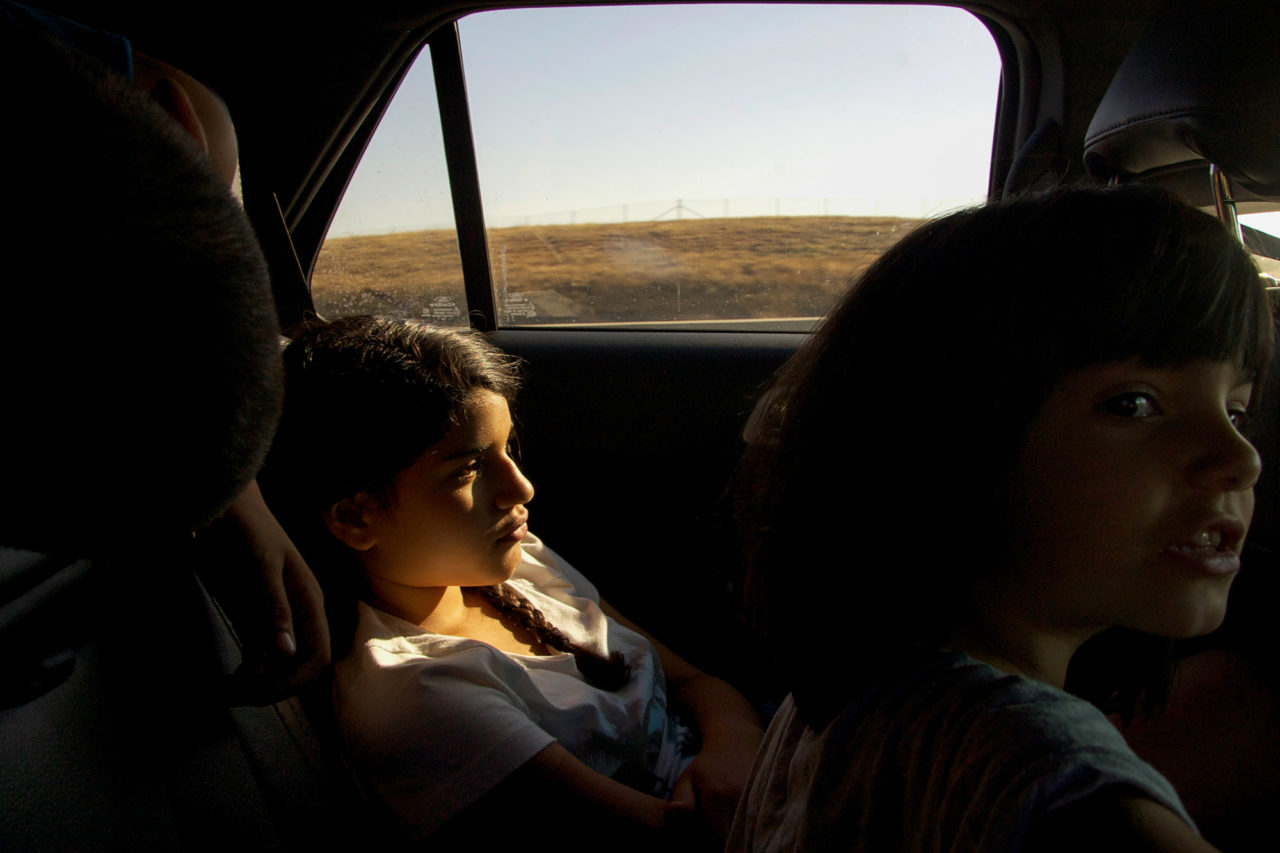
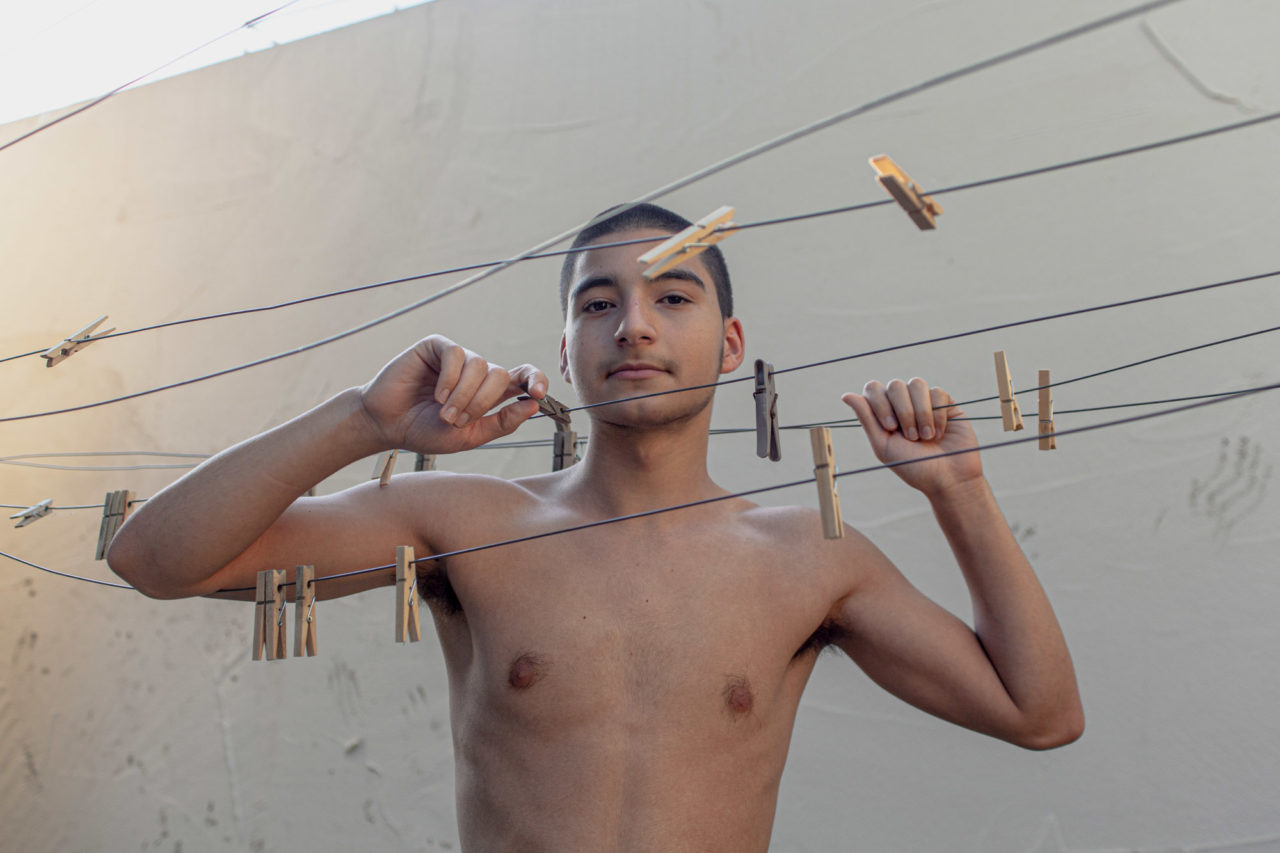
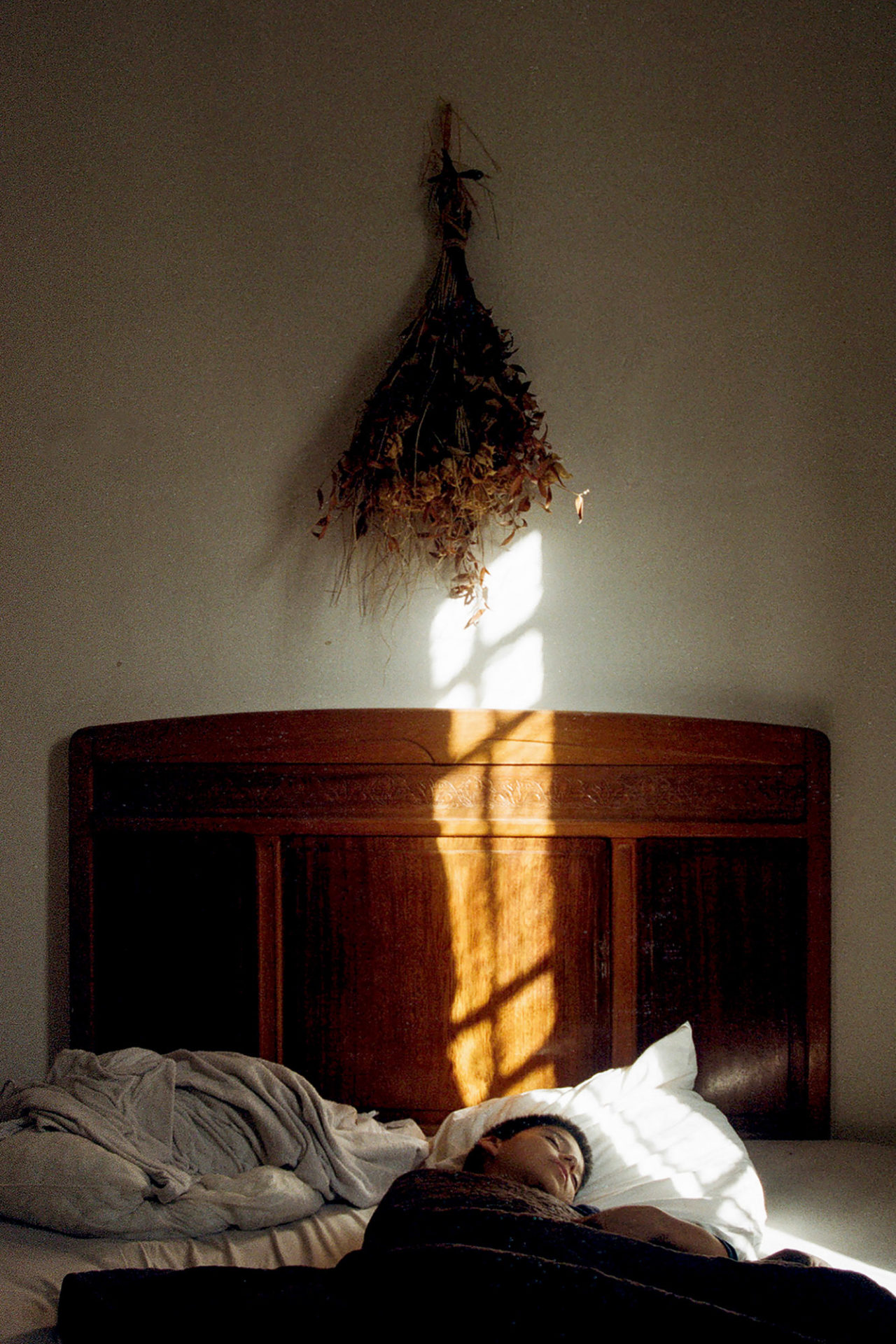
Brother Jonathan sleeping at home, France 2014 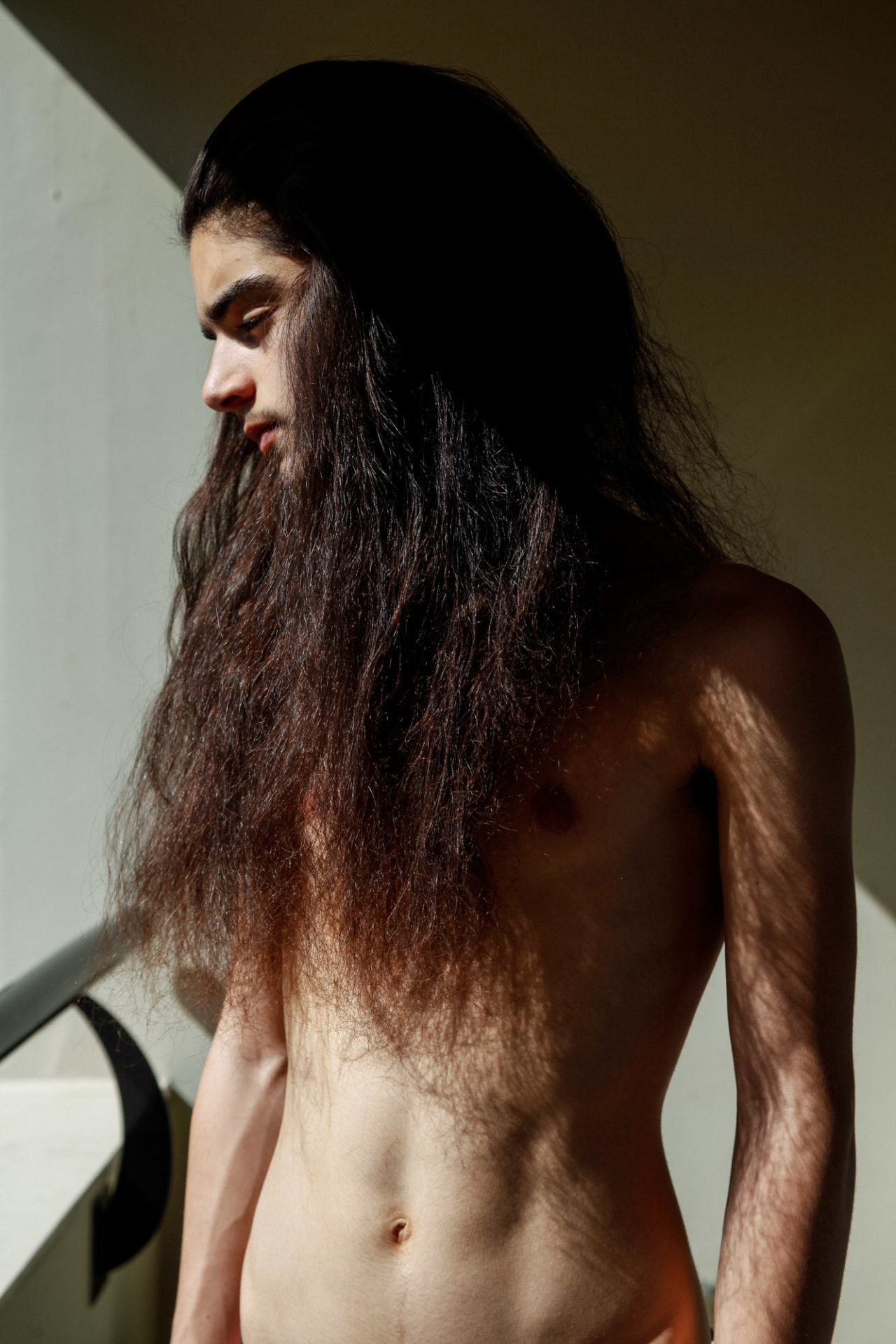
Brother Michael waking up, Greece 2018
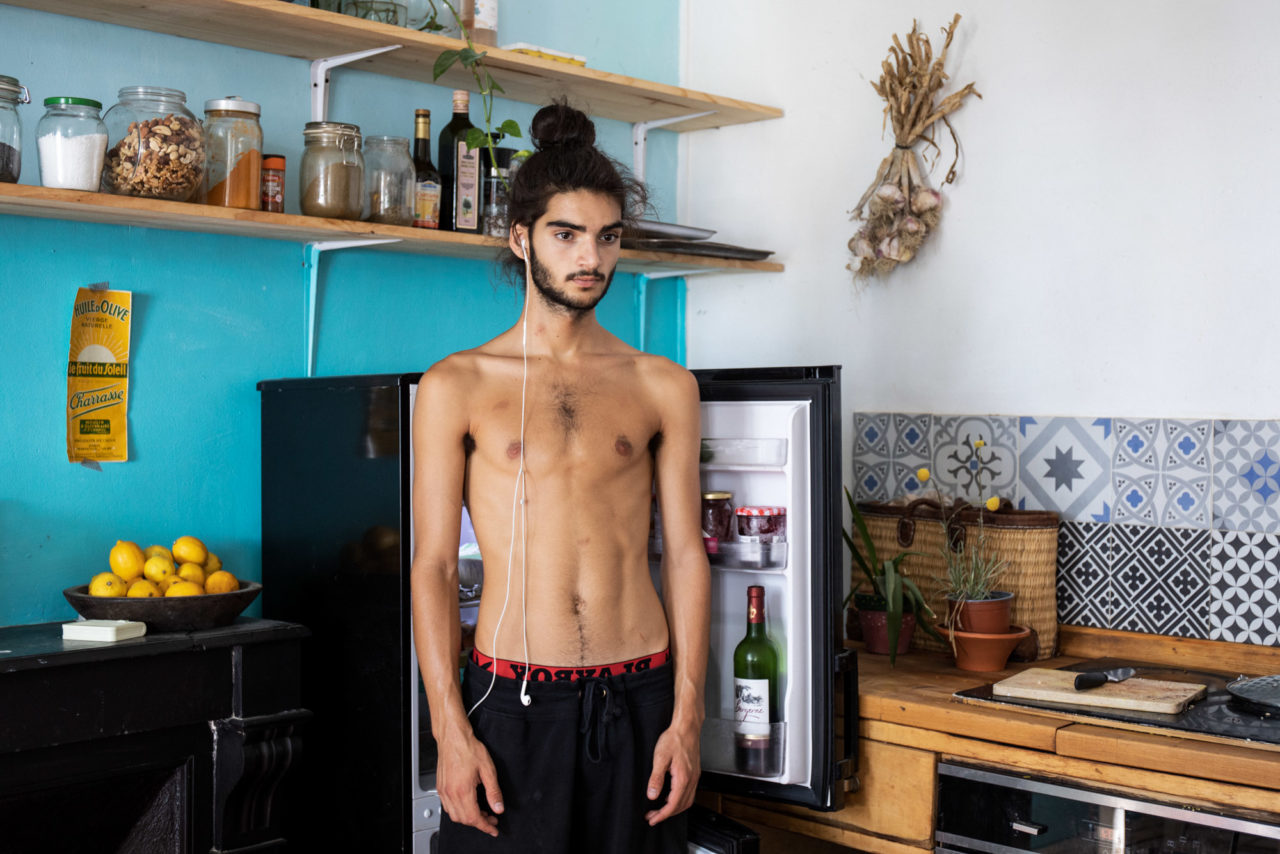
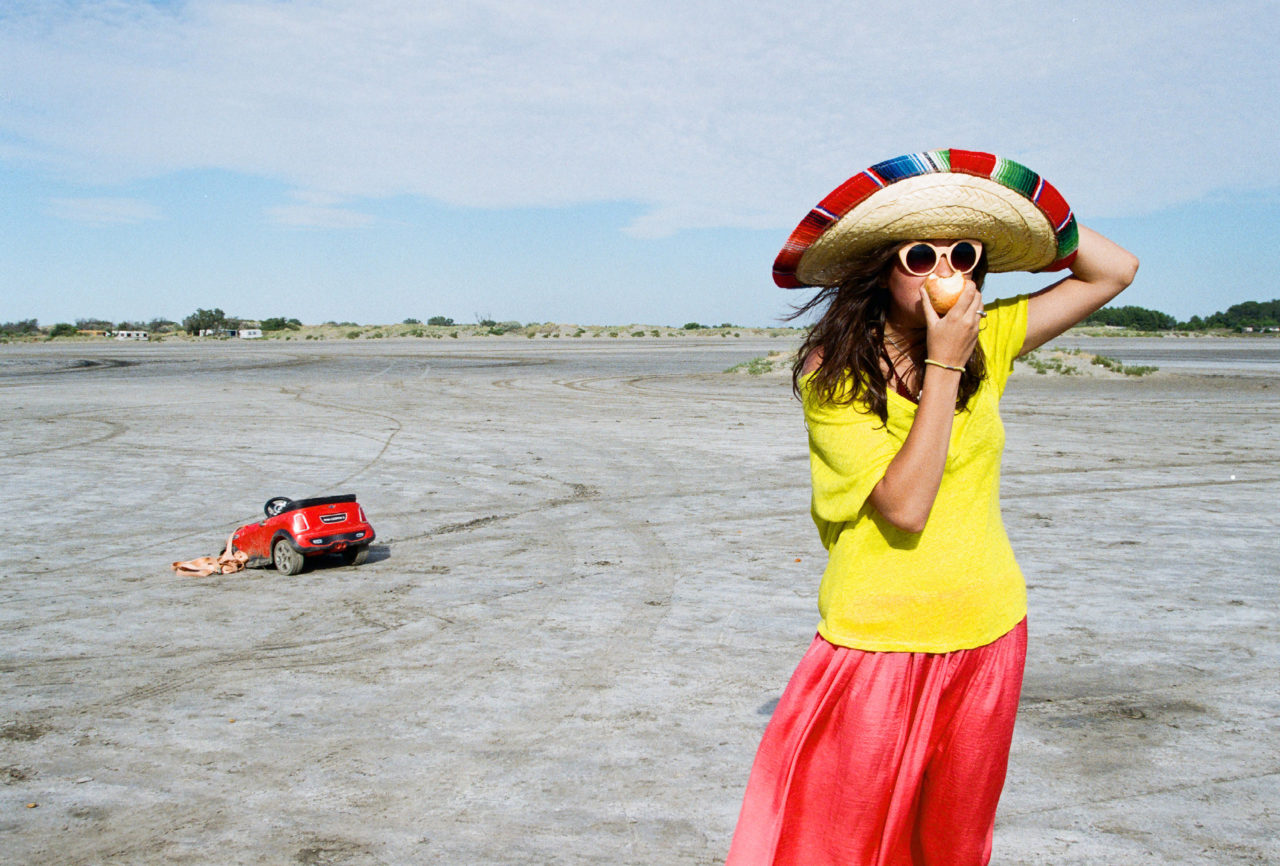
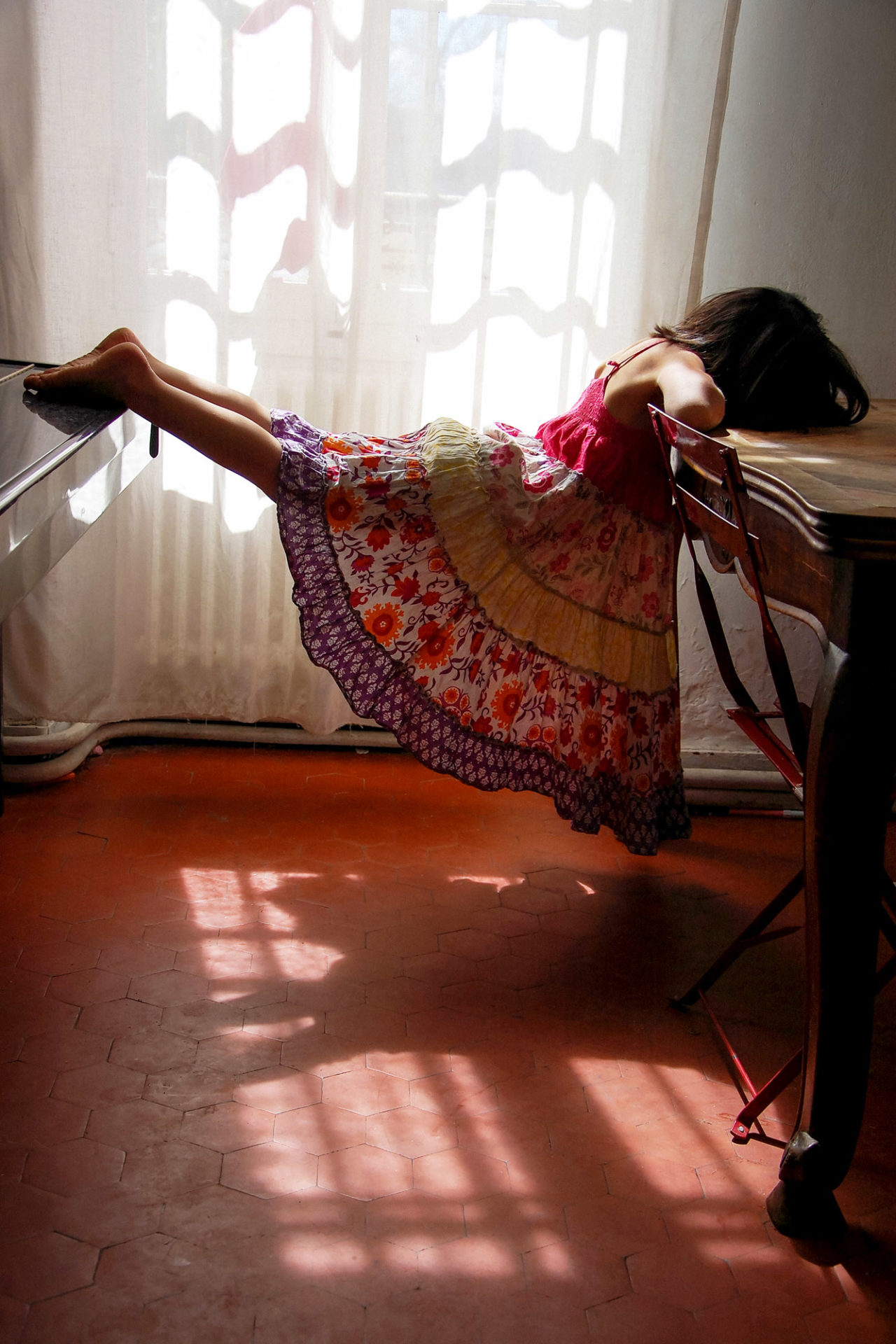
Sister Sara at home, France 2011 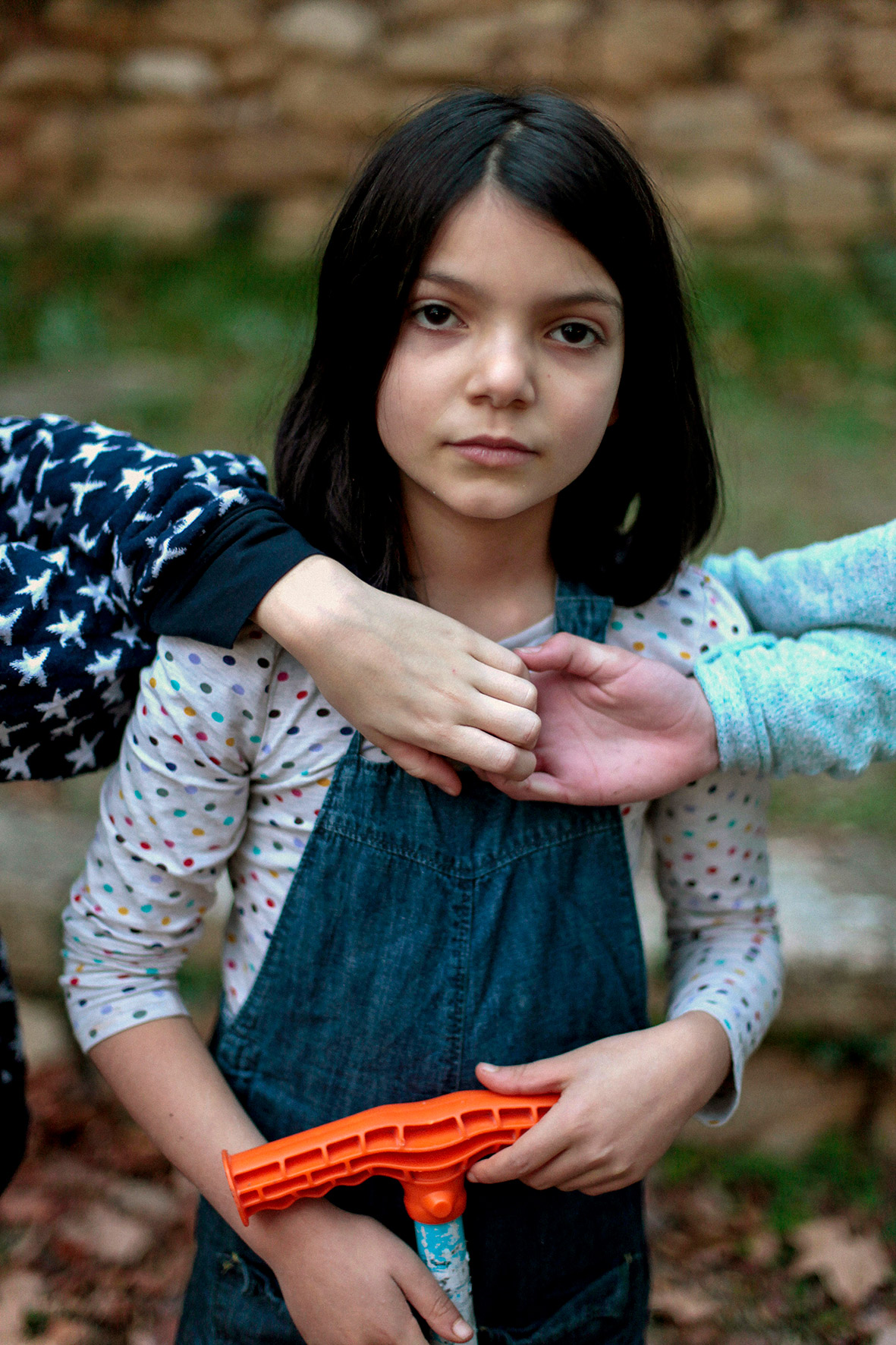
Sister Sara with friends, France 2016
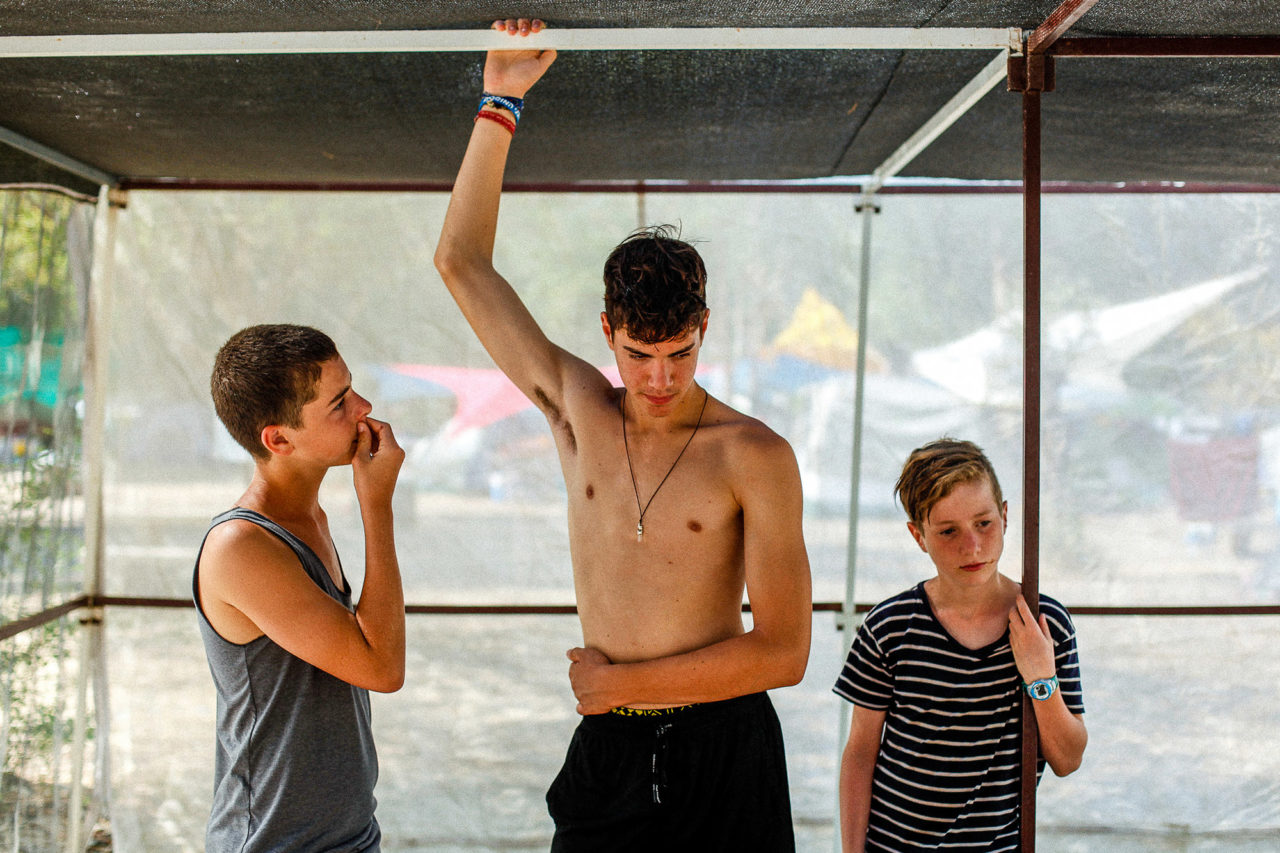
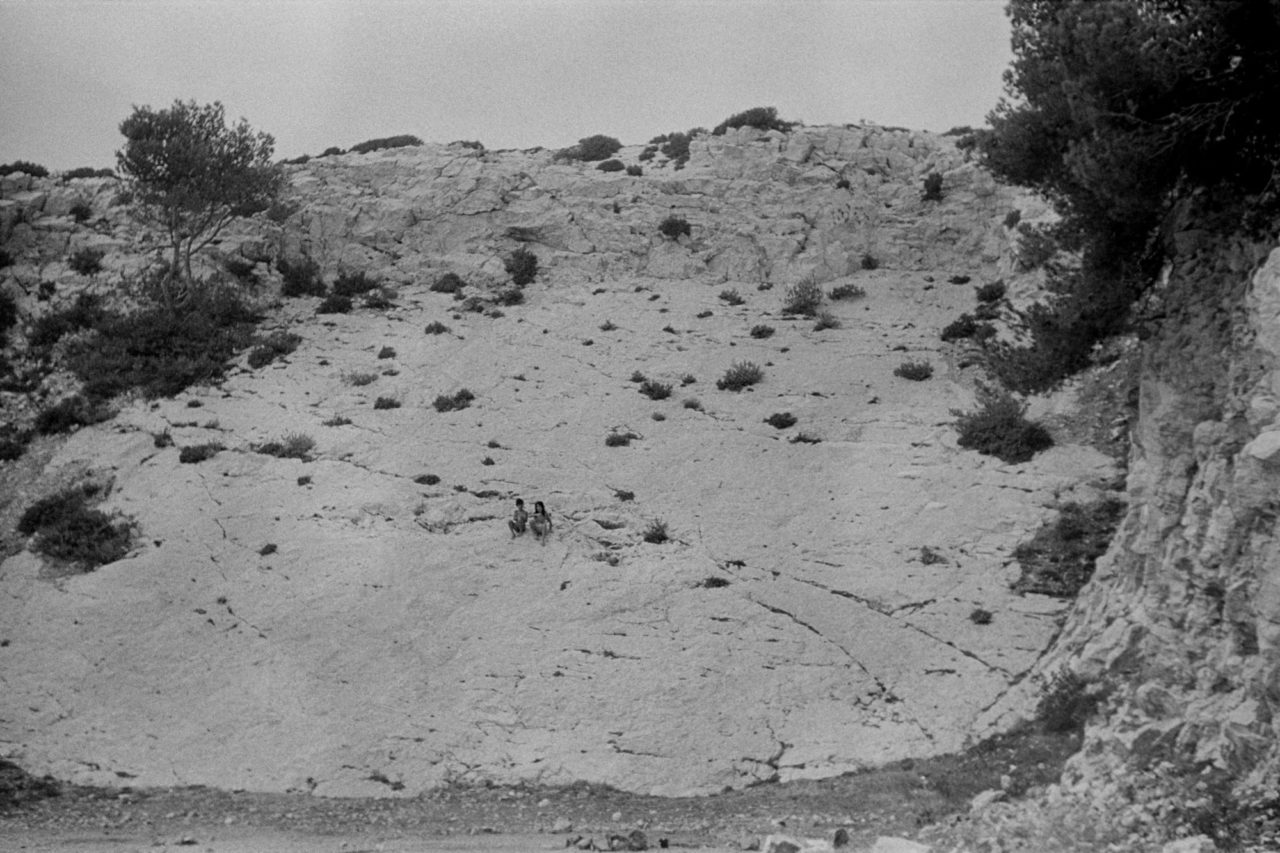
Born in Israel and based in Marseille, Julia Gat studied Arts & Humanities at the Open University (UK) before transferring to WdKA (NL) and the SVA (NYC) to study Photography. Her work won the Prize ISEM Young Photographers 2020 and the Prize Festival Portrait(s) de Vichy 2016. In 2019, she was finalist of the BMW Residency and Blurring the Lines contest. Her work has been exhibited in Europe and NYC.
Julia’s work researches the essential nature of human interaction; with each other, their surroundings or the photographer. Being the daughter of a painter and a choreographer, her observations stand between group dynamics and visual compositions. The alternative learning method she experienced as a child plays a significant role in her work: unschooling advocates learner-chosen activities as a primary means for learning. Julia embraces a sense of provocative freedom and heart-warming intimacy in her work.
More on www.juliagatphotography.com